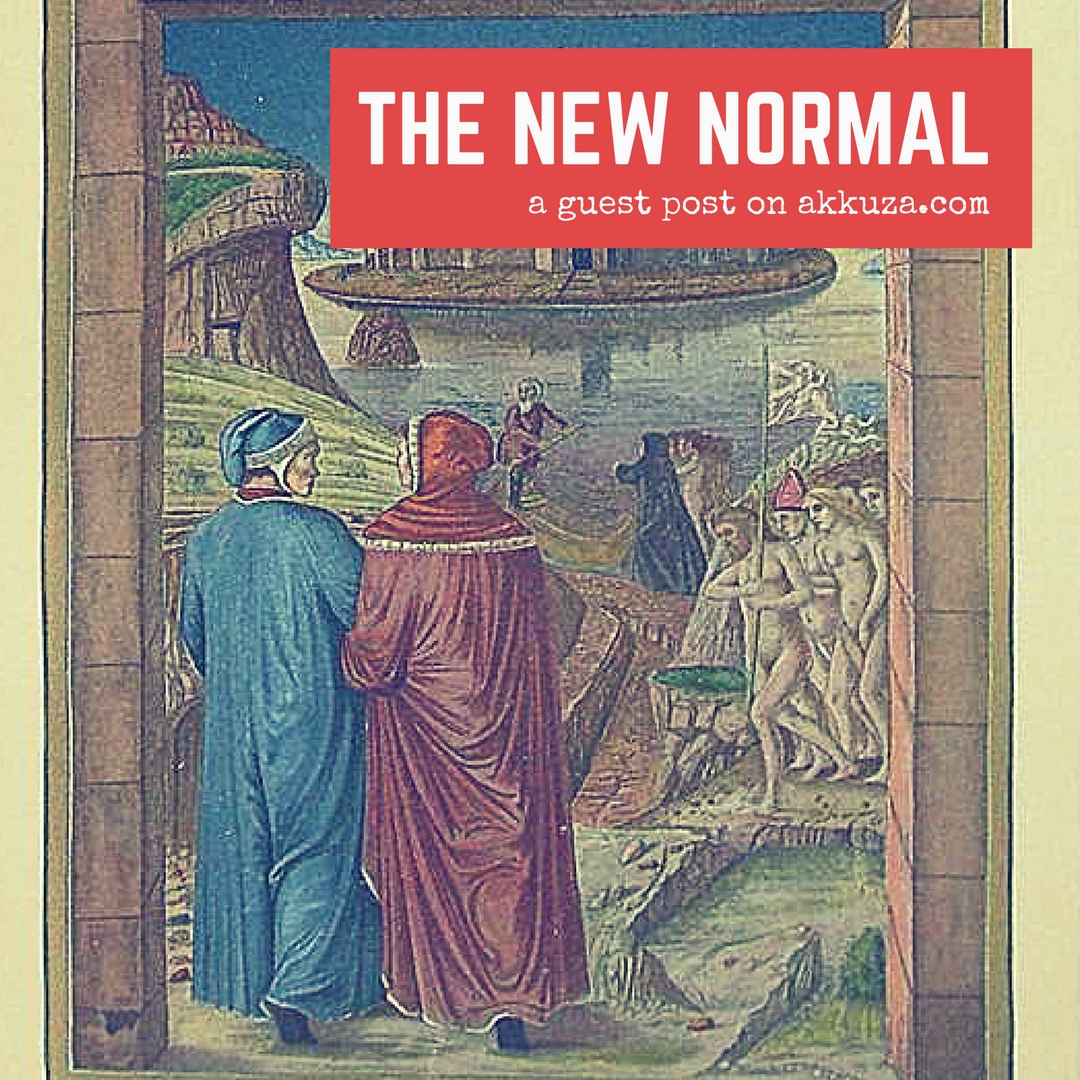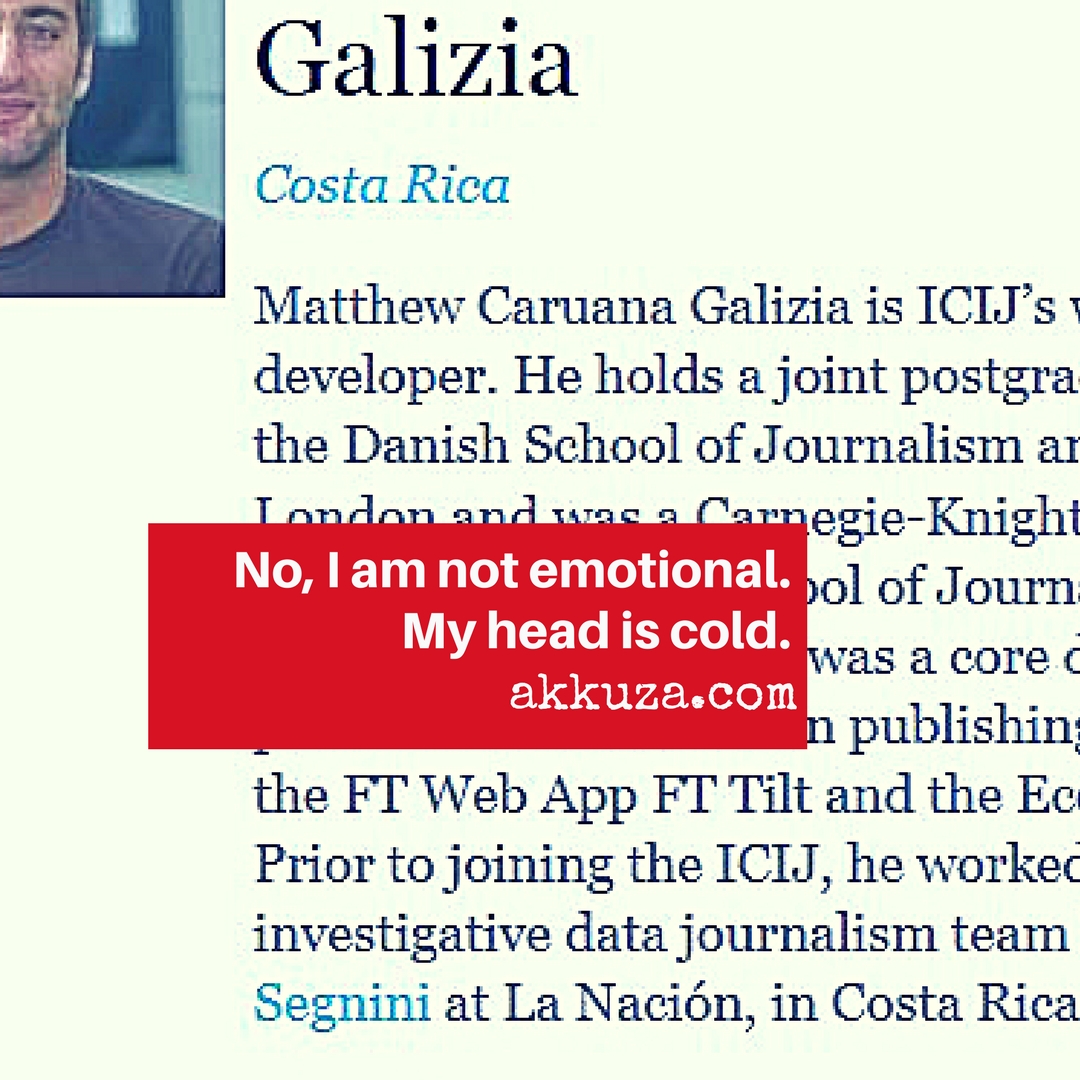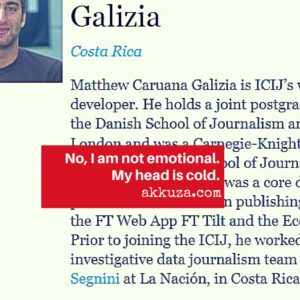
In another guest post, Eleonora Sartori reflects on the messages from yesterday’s demonstration.
The new normal
In Canto III of the Inferno, Dante Alighieri describes the sighs and piercing cries of woe of “the miserable spirits of those who lived neither infamy nor praise”. These are the so-called “ignavi”, from Latin “ignavus”, i.e. someone who is not active nor diligent. They are placed together with “that worthless choir of Angels who did not rebel, nor yet were untrue to God, but sided with themselves.”
Given that the ignavi never dared take a stand for what they truly believed was right, but merely passively supported the strongest, they are subject to the poetic punishment of “no hope of death”. In fact they are condemned to an “unseeing life” where both Mercy and Justice hold them in contempt.
Their desolate condition is so tremendous that even Virgil, Dante’s teacher, suggests that Dante abandons them to their hopeless faith by saying the famous words: “Let us not talk of them; but look, and pass” (non ragioniam di lor, ma guarda e passa).
I recalled this scene after watching yesterday’s demonstration of the Civil Society Network. Many Maltese citizens (and I’d like to stress that they were citizens) were protesting in the streets, marching with banners or with tape on their mouths as a symbol of attempts to silence free speech. Even though a very big manifestation had already taken place two Sundays ago, at the very heart of Malta’s capital, they decided to march again on the streets, this time in the surroundings of where Mrs Caruana Galizia was brought up.
During the speech written by Jacques and so well delivered by Antonio, Jacques stressed that “Qiegħdin hawn biex inwasslu messaġġ fejn ngħidu li ilkoll kemm aħna nirrifjutaw li dan huwa THE NEW NORMAL. Li nirrifjutaw li dan huwa BUSINESS AS USUAL. » (yes, I am learning Maltese and yes, it is a beautiful language, though I only end up practicing it through politics nowadays ).
Why am I mentioning this particular bit of Jacques’ speech right now?
Because one of the first Maltese expressions that I’ve learnt when I started my second semester of Maltese was “Rajt ma rajtx, smajt ma smajtx”. An expression whose meaning I think only a Mediterranean mind fully grasps: the idea of pretending not to have seen nor heard for the sake of staying out of trouble. The idea of ignavia. The idea of omertà.
Those citizens protesting yesterday where calling for justice, but most important of all, were asking their countrymen and women to play a more active role in what’s happening in the country right now. Pia Zammit called for people to be engaged in what needs to be done right now to restore the Rule of law in Malta and honor Daphne’s memory by calling for more justice and transparence at all levels of the Maltese society.
And how can you start this tremendous job?
I think surely by not letting anyone around you forget or undermine what’s happening in your country. Daphne’s murder – because we’re not talking about someone’s death, we’re talking about someone’s murder – marked a turning point that cannot and has not to be forgotten.
However, there are those who are trying to make you go back to the passive status of the “ignavi” by calling this situation “merely exceptional”. They want to you to feel that after all business can and actually HAS to go back to usual, because there are other priorities on the agenda and it’s better that people forget this ridiculous quest for the Rule of Law.
And how do they achieve that?
First, they attack you. They call you whores, traitors and assassins if you decide to give up precious days of your life and devote them to protesting outside the PM’s office in Castille. They degrade you by stressing that you are nothing but mere random people whose place is not in the streets, calling for more justice, but back to where they belong – he wrote “Strada Stretta” (he even misspelled it) but even my poor command of Malti allows me to understand that he implied the former prostitutes’ district.
According to this logic, you people are tamed creatures who are useful because you possess the right to vote. Once the ballot is cast, forget about accountability and the sovereignty of the people. It’s them who take the lead. And by undermining your actions and the potential of these actions they make sure that you fully understand where you belong.
Secondly, instead of directly attacking you, they try to defend themselves and make you go back to your place by using a more subtle language. A language – in this instance it was used by your PM during last week- that can both threaten those who want to stand up and exercise their freedom of speech (“All those trying to make political mileage out of the murder of Daphne Caruana Galizia would see it blow up in their face”) and bluntly state what the country’s priorities are: business as usual, i.e.“The murder of blogger Daphne Caruana Galizia triggered off a difficult moment for Malta, but it should not be allowed to derail the country’s long-term plans.”
Let’s read it again: “IT SHOULD NOT BE ALLOWED TO DERAIL THE COUNTRY’S LONG-TERM PLANS.”
When I read this last sentence I was petrified. Seriously, is he saying out loud that it is the murder’s fault if you, the sovereign people, are now marching in the streets and that, by doing so, you are derailing the country from its never-ending Aqwa Zmien?
It’s because of these attitudes and the use of such a language that you all need to keep up the good work that has already been done over the past two weeks and go back to monitoring what is done by those who have the obligation to represent you.
Jiena smajt u rajt, u intom?



